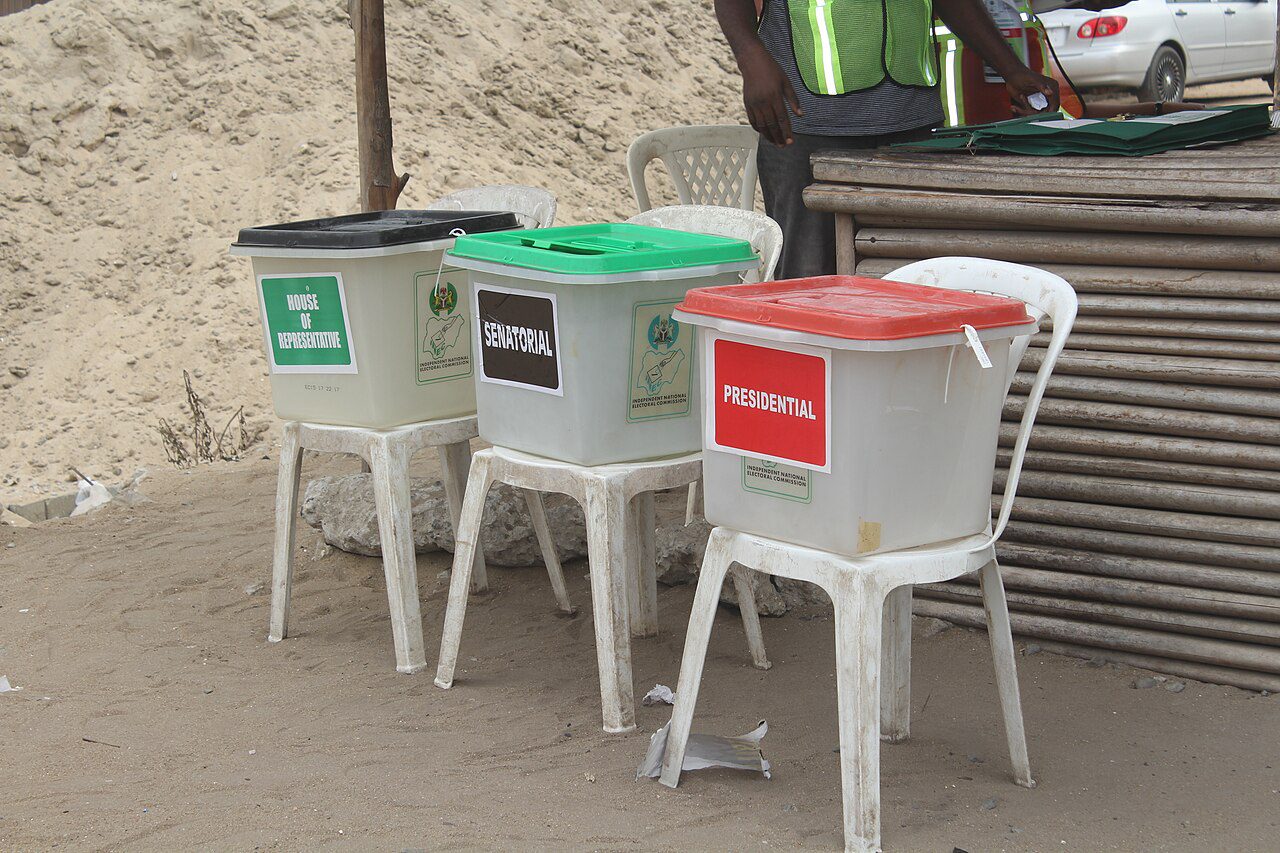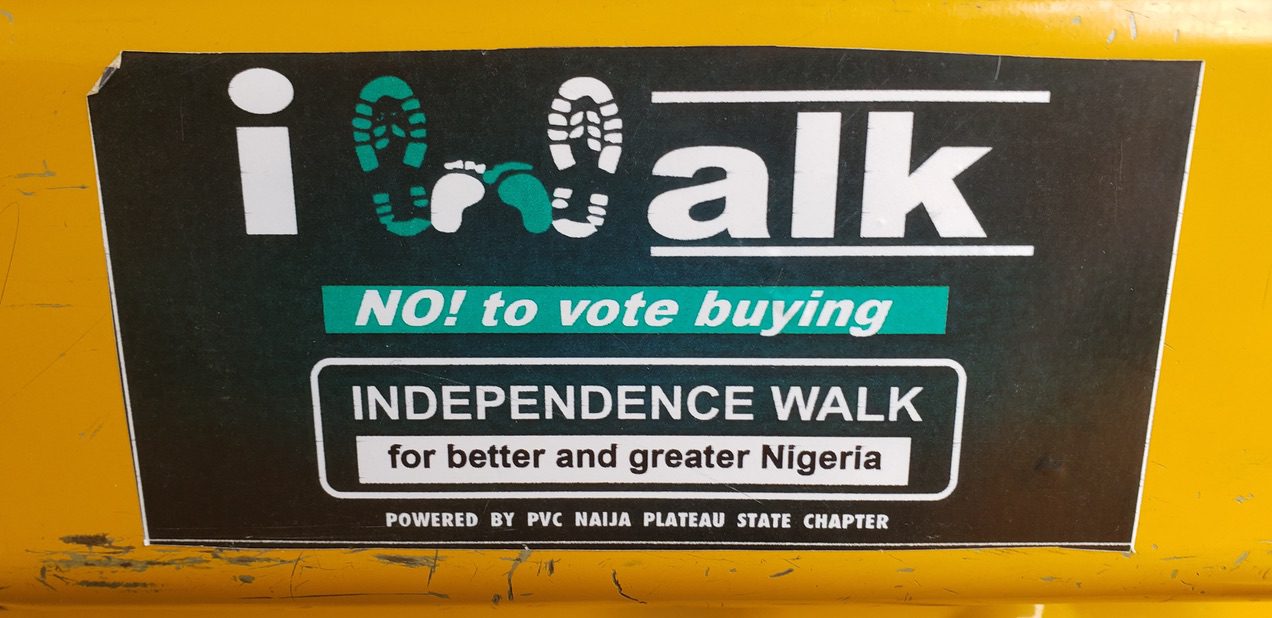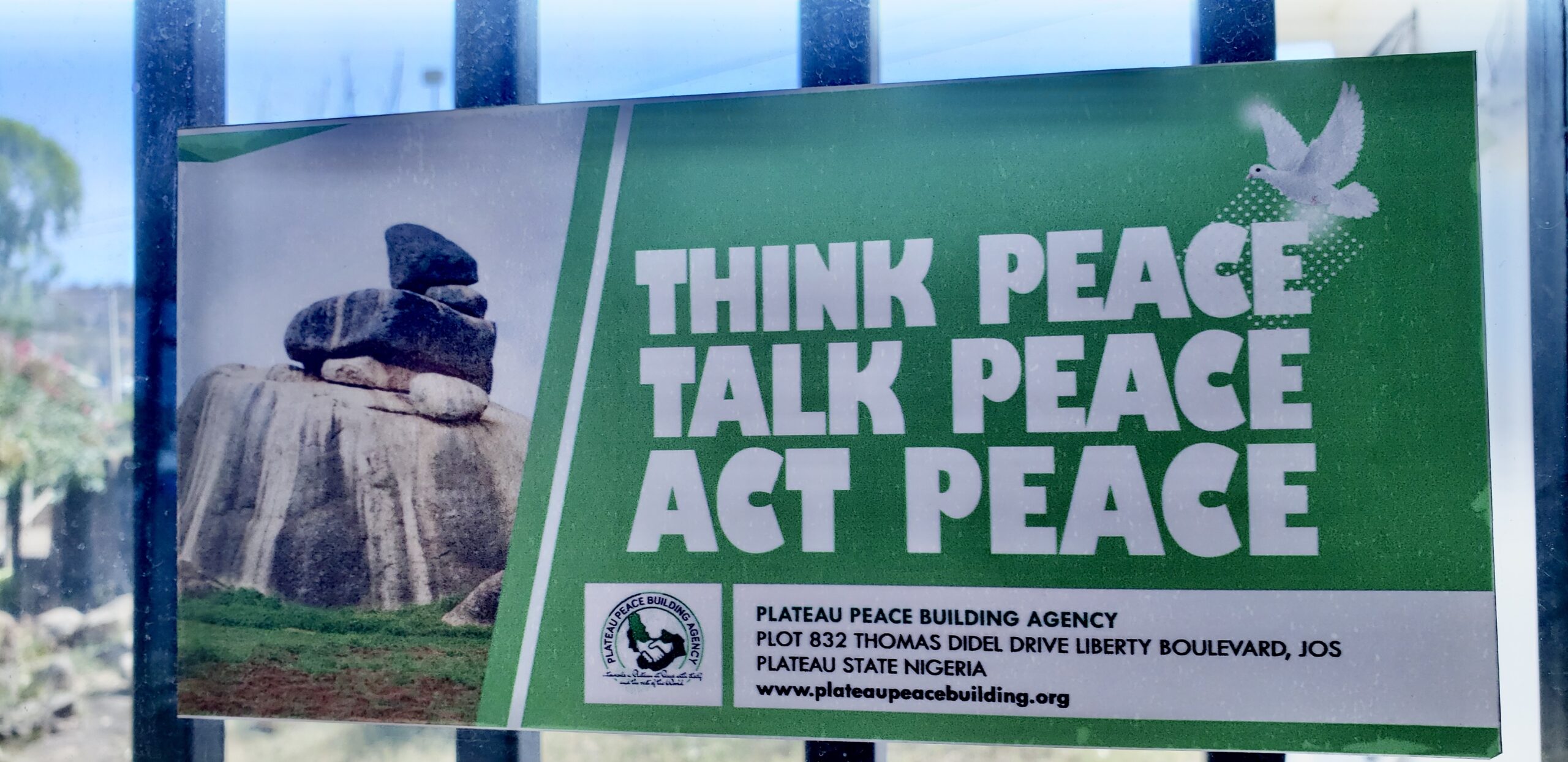The ‘conventional’ understanding of corruption in arms procurement is that it takes the form of bribes or kickbacks. In return for being awarded an arms contract, often as a result of having selection criteria manipulated in its favour, the supplier company pays bribes to officials involved in the decision-making process. Payments typically are channeled through an in-country middleman or agent.
But why be satisfied with bribes or kickbacks equaling 10% of the value of a contract when you can take the whole lot? In countries where oversight of military funds is at its weakest, or indeed non-existent, top officials and military officers have essentially free reign over how money is spent. In such circumstances, there is no need to go through the complexities of an actual arms procurement process, squandering 90% of the money on paying for actual weapons systems. Instead, those in charge can simply misappropriate funds directly, possibly with the thin cover of a fake contract for non-existent equipment.
In Nigeria, this practice is called simply, “stealing”, and it appears to be a far more significant phenomenon than the pedestrian practice of bribery.
Such was the case with the ironically named ‘Armsgate’ scandal, which broke in 2015 and in which no arms were procured. The scandal, which is still unfolding, involves the alleged theft of at least $2.1 billion, and possibly as much as $15 billion, of extra-budgetary funds intended for arms to fight Boko Haram, between 2007 and 2015. This took place under the rule of People’s Democratic Party (PDP) government of Presidents Umaru Yar’Adua, who ruled from 2007 until his death in 2010, and Goodluck Jonathan, his Vice President, who took over upon Yar’Adua’s death, and subsequently won reelection in 2011.
Perhaps the most surprising thing about Armsgate is that it came to light at all. Nigeria’s powerful military, which ruled the country for many years, had hitherto been effectively immune from investigation and prosecution for corruption. When I looked at the website of Nigeria’s Economic and Financial Crimes Commission (EFCC) a few years ago, I found plenty of cases of prosecution of state Governors, ex-ministers, civil servants, business people, even police, for corruption, but none of military officers or Ministry of Defence officials. But President Muhammadu Buhari, elected in 2015 on an anti-corruption platform, appears to have broken with this pattern of impunity.
The background to Armsgate was the repeated failure of the Nigerian army in fighting the Boko Haram insurgency in the country’s north-east, with soldiers frequently running away rather than fighting. This allowed the armed group to take control of large swathes of territory. Troops and local commanders regularly complained that they were lacking even basic equipment, and were indeed often outgunned by Boko Haram, in spite of large amounts of money supposedly spent on arms procurement. After initial denials of a problem, senior military figures, some of them later implicated in the scandal, were forced to admit that the military was severely underequipped. National Security Advisor Colonel Sambo Dasuki himself admitted, “we bought equipment, but alas, it is still on the high seas”.
Investigations began shortly after President Buhari came to power in May 2015. On July 15, troops from the State Security Services raided Col. Dasuki’s house, finding among other things 12 ‘exotic cars’. Then on August 24, Buhari appointed a panel of enquiry into arms procurement under the former government.
The investigative panel produced its first interim report on November 17, 2015. The numbers contained in official public statements on the report are hard to interpret, but by any reading expose massive fraud in arms procurement. The report stated that, between 2007 and 2015, there had been ‘extra-budgetary interventions’ for arms procurement totaling 643.8 billion naira, and that the ‘foreign currency component’ was $2.2 billion. These appear to be two separate sums involved in the corruption scandal, as over the period in question, the Naira was never below 200 to the US dollar. Thus, the total value of these ‘extra-budgetary interventions’ would have amounted to somewhere between $4.5 billion and $7.2 billion, depending on the timing of the Naira transactions and the exchange rate at the time.[1]
However, very little actual arms procurement resulted. According to the report, “The committee also observed that of 513 contracts awarded at $8,356,525,184.32; N2,189,265,724,404.55 and €54,000.00; Fifty Three (53) were failed contracts amounting to $2,378,939,066.27 and N13,729,342,329.87 respectively.” This would amount to about $2.5 billion worth of ‘failed contracts’. The total value of contracts awarded is clearly far higher than the extra-budgetary interventions (at least $19 billion). [Presumably, these figures relates to all contracts from both budgetary and extra-budgetary sources, and including regular contracts for goods and services as well as for arms.]
At the center of the web of corruption is Colonel Sambo Dasuki, who was Jonathan’s National Security Advisor from March 2012 to March 2015, and who effectively controlled military procurement during his period in office. According to the report, Dasuki awarded ‘fictitious and phantom contracts’ worth $1.7 billion for the procurement of 4 Alpha jets, 12 helicopters, bombs and ammunition, which were never delivered. Most of the value of these contracts went to just two (unnamed) companies, despite their previous record of non-performance.
Moreover, the NSA directed the Central Bank of Nigeria to transfer $132 million and €9 million to the accounts of a Nigerian company, Societé d’Equipements Internationaux, without any contracts to back them up.
Dakusi was arrested two weeks later. The Economic and Financial Crimes Commission also arrested several other officials implicated in the affair, including: Chief Raymond Dopkesi, Founder of Nigerian Media House Daar Communications; former governor of Sokoto State, Alhaji Attahiru Bafarawa; Shuaibu Salisu, a former director of finance and administration in the office of the National Security Adviser; ex-finance minister Bashir Yuguda; and Saliu Atawodi, the former Chairman of the Presidential Implementation Committee on Marine Safety.
Since then, ongoing investigations by the EFCC have led to a steady stream of raids, arrests and charges, with dozens of military officers, federal government officials, state governors, senior political party apparatchiks, and businessmen implicated and billions of naira in money and property seized. Numerous military officers have been stripped of their commands. Along with Saduki, one of the highest profile people to be charged, in February 2016, is Air Chief Marshall Alex Badeh (rtd.), former Chief of Defence Staff, who was investigated regarding the award of $930.5 million worth of contracts under his leadership. Specific charges against him relate to the misappropriation of N4 billion; much of this appears to have come from funds intended for salaries, rather than procurement funds.
The full story is hard to follow, and I have not seen a comprehensive list anywhere, but in total I have counted 36 named military officers, as well as many more government and business figures. 241 organizations have been named by the EFCC as having received money from Dasuki. Thus far there have not been any reports of convictions in relation to Armsgate, although many trials have started. Dasuki’s trial has been repeatedly delayed, in some cases due to the failure of the Federal Government to produce him in court at planned trial dates.
The total amount stolen remains uncertain. In early May 2016, the EFCC reported that a previously-quoted figure of $2.1 billion related to just one transaction, and that in fact $15 billion had disappeared. If correct, this would be almost as much as the total official Defence budgets between 2007 and 2015. It was also said to equal half Nigeria’s foreign currency reserves. However, no further details of this figure have been produced.
The mechanisms of corruption appear to have depended on a complete absence of oversight of funds within the military apparatus. According to one observer, the rot truly began when Dakusi’s predecessor as NSA, General Andrew Awoye Azazi (retired, now deceased), appointed by Jonathan in October 2010. Azazi started to usurp the MOD’s job of conducting procurement, apparently with Jonathan’s approval—although, previously the MOD itself was hardly a model of probity. The ready justification of fighting Boko Haram allowed the government to effectively write blank checks for funds, supposedly for arms purchases, which could then be diverted into private bank accounts. Under the auspices of Saduki as NSA, contracts could be signed and funds allocated without any of the annoying details of tenders, competitions, proper accounting, or indeed any actual acquisitions to show for the contracts. In some cases, as noted above, funds flowed without even the formality of a contract. The financial rewards could therefore be freely shared out between Dakusi and other officers and officials approving the fake deals, and heads of real or paper companies to whom contracts were awarded. It appears that the Central Bank of Nigeria collaborated in the plunder, approving large transfers of funds to individuals and companies on the say-so of Saduki or other individual senior officials.
The lack of proper oversight mechanisms or procurement procedures for the military was the key factor in enabling this scale of corruption. Even before the transfer of responsibility for procurement to the NSA, defence procurement in Nigeria was severely lacking in accountability, and effectively exempted from the Public Procurement Act of 2007 that was supposed to regulate government procurement more rigorously and reduce corruption. Equally damaging was the ease with which the President was able to approve such large extra-budgetary military spending, without Parliament even being informed, let alone having any say or exercising any oversight.
The traditional immunity of the national security apparatus from scrutiny, and its impunity with regard to corruption and human rights abuses, was a key enabler of Armsgate. It is true that public procurement in general in Nigeria is riddled with corruption, but it is hard to imagine other areas of spending being so completely removed from any sort of process or oversight, or for such blatant stealing of funds to occur on such a large scale.
Behind all this is the sacred veil of National Security, which affords the military their exceptional status and exemption from normal procedures, erecting big ‘keep out’ signs for civilian agencies that might seek to scrutinize them. This argument was even more effective when Nigeria faced the devastating impact of Boko Haram’s brutal insurgency. No questions would be asked about money devoted to fighting terrorism. That this money never reached the front-line troops, thus greatly hampering the fight against Boko Haram and enabling their expansion, only perpetuated the cycle. As the threat continued to grow, and the spigot of cash flowing into the bank accounts of the elite remained open.
[1] The value of the Naira fell over the course of the Yar’Adua and Jonathan administrations, from 125 to the US dollar in June 2007, reaching a low of 117 in March 2008, before rising steadily to 199 by the time Jonathan left office in May 2015. As the bulk of the transactions occurred towards the latter part of President Jonathan’s time in office, it is likely that the total dollar value of the extra-budgetary spending was towards the lower end of the given range.


